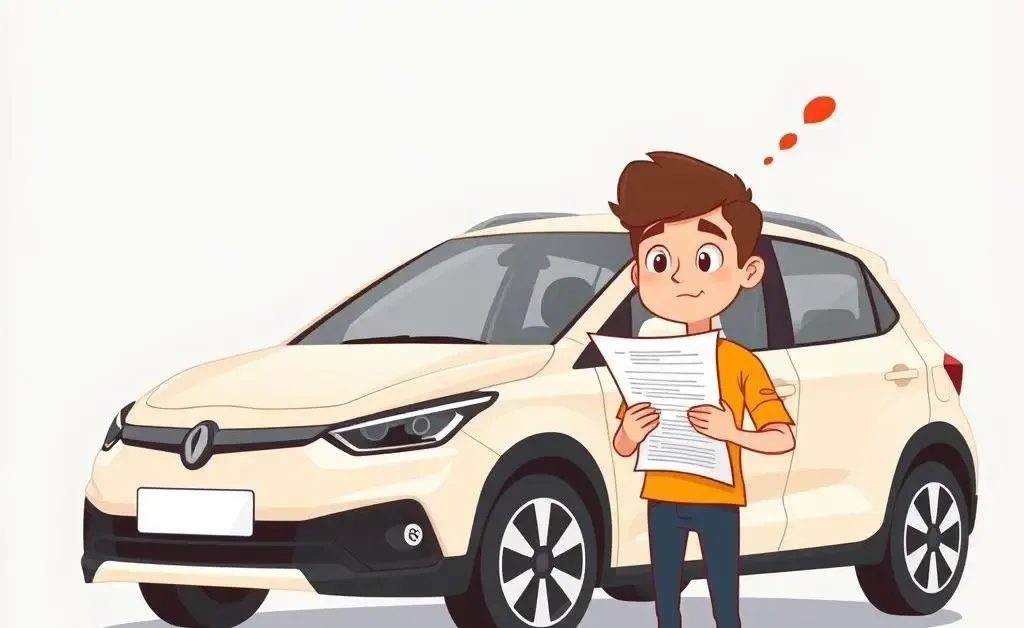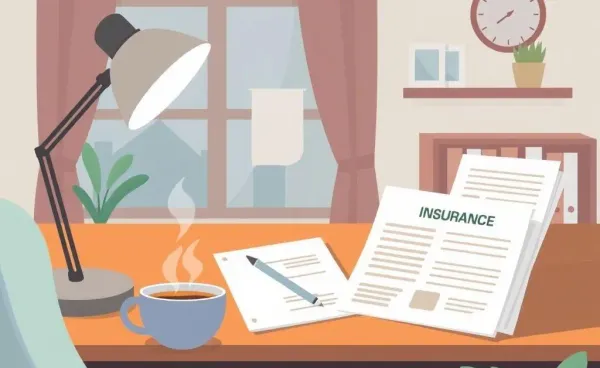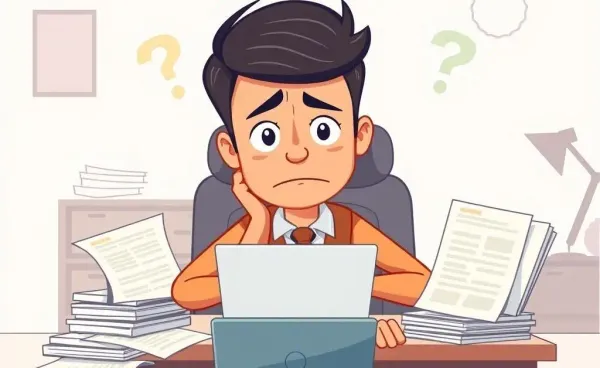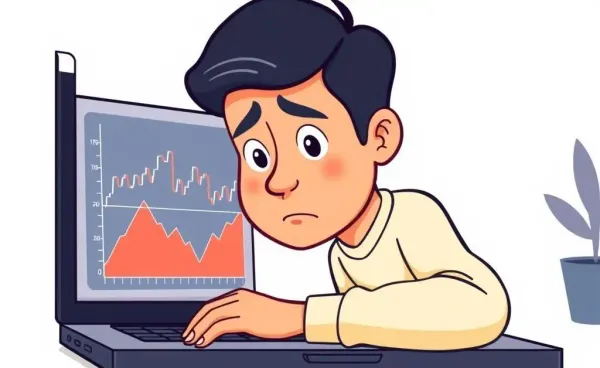What Happens if You're Driving Your Friend's Car and Have an Accident?
Discover the ins and outs of driving a friend's car and what happens if you have an accident.

Ever wondered what happens if you borrow a friend’s car and end up in an accident? It's a scenario that might not cross your mind until you're faced with it. But knowing how insurance works in this context can save you a lot of trouble later on. Let's dive into the essentials of insurance coverage when you drive a friend’s car, and what you should bear in mind to avoid unexpected surprises.
Whose Insurance Covers What?
One of the most common questions revolves around whose insurance policy is responsible in the event of an accident. The rule of thumb is that insurance typically follows the car, not the driver. This means if you’re driving your friend’s car and get into an accident, it’s usually their insurance that steps in first.
When Your Insurance Kicks In
If your friend’s insurance maxes out or if their policy has a high deductible, your insurance could come into play to cover the remaining costs. This is especially true if you have a policy with a special 'non-owner' clause.
- Check if your insurance policy extends coverage to borrowed cars.
- Always inform your insurance provider if you frequently drive someone else's vehicle.
- Be aware of exclusions in your friend’s policy that could affect your coverage.
Imagine borrowing your friend’s car for a quick grocery run. You're almost at your destination when a car suddenly brakes in front of you. A minor fender bender occurs. You're frazzled, but then you recall a conversation with your insurance agent who had explained the nuances of borrowing cars—talk about a lifesaver!
Practical Things to Remember
Before you drive off in a friend's car, here are some practical steps:
Open Communication
Discuss insurance details with your friend. It's always wise to know what their policy covers.
Get Written Permission
Obtaining written permission can sometimes make a big difference. In many regions, it's a good legal safeguard.
Know the Rules
Every jurisdiction can have different rules about borrowing cars, so check local laws. Some areas might require specific acknowledgments or additional insurance for non-listed drivers.
Conclusion
Next time you’re handed the keys to a friend’s car, think about what’s under the hood—of their insurance policy, that is. Understanding these basics can prevent a small mishap from growing into a big headache. Have you ever borrowed a friend’s car and encountered a surprising situation? What did you learn from it? Share your story and let’s keep this conversation going!




